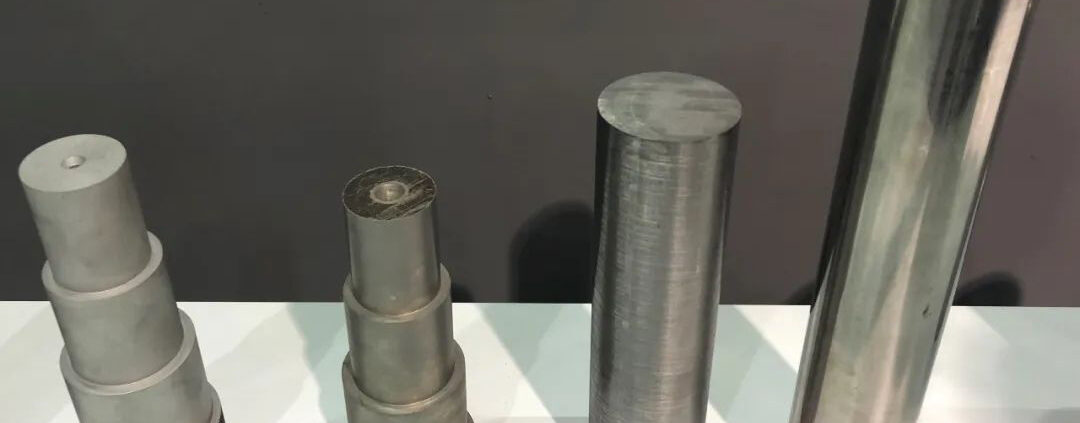The main difference between Incoloy800, 800H, 800HT
Alloy 800 (UNS N08800), 800H (UNS N08810), 800HT (UNS N08811) is a solid solution high strength austenitic nickel-iron-chromium alloy. Nichrome is designed for resistance to oxidation and carbonization at elevated temperatures, high temperature oxidation resistance, high temperature scaling resistance and high temperature carbonization resistance. Excellent overall corrosion resistance. When the nickel content is 32%, the alloy’s resistance to corrosion cracking caused by chlorides and to embrittlement in the process of precipitation in sigma state can be enhanced. At the same time, it also has excellent resistance to uniform corrosion, and has excellent corrosion resistance in extremely high-temperature water media at 500°C. The service temperature of alloy 800 is about 590°C, and the service temperature of alloy 800H/800HT is above 590°C, which has excellent creep resistance and crack resistance. In terms of mechanical properties, it has excellent mechanical properties no matter at zero temperature, room temperature or high temperature of 600°C. Its excellent cold forming performance makes this alloy widely used in the manufacture of bellows, expansion joints and other equipment. These three Type 800 series alloy products have been widely used in ASME boilers, booster valves, first sections of electric boilers, third sections of nuclear material containers and red high pressure vessels.
Alloys 800, 800H, and 800HT are high-strength austenitic nickel-iron-chromium alloys in solid solution. Nickel-chromium-iron alloy is designed for anti-oxidation and carbonization when the temperature rises. It is resistant to high-temperature oxidation, high-temperature peeling and high-temperature carbonization, and has excellent overall corrosion resistance. These three 800 series alloy products have been widely used in ASME boilers, booster valves, the first section of electric boilers, the third section of nuclear material containers and red high pressure vessels, etc.
But what is the difference between them? Let’s describe it with data from the aspects of chemical properties and physical properties.
The grade corresponding to 1.800 is UNSN08800,
The grade corresponding to 800H is UNS N08810,
The grade corresponding to 800HT is UNS N08811;
2. In terms of chemical composition, there are some differences in the content of C, and the other requirements are the same:
C≤0.10 in 800,
0.05≤C≤0.10 in 800H,
0.06≤C≤0.10 in 800HT;
3. In terms of physical properties,
800 requires tensile strength ≥ 517MPa, yield strength ≥ 207MPa, elongation ≥ 30%;
Like 800HT, 800H requires tensile strength ≥448MPa, yield strength ≥172MPa, and elongation ≥30%.



